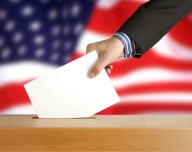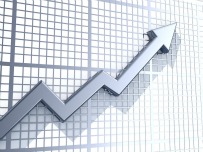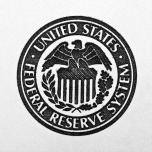Presidential election influenced by business sector
The U.S business sector has been increasingly adjusting its stance to coordinate with American voters. While corporate money was a factor in both the Democratic and Republican Party’s race for Presidency, ultimately the average U.S citizen won over big financial sponsors.
October’s 16 day government shutdown in which Congress failed to do their job with regard to managing the national budget in relation to the federal debt ceiling, hit the business sector hard.
The markets generally seemed to weather the shutdown well, but attitudes towards the government were negatively affected.
Several high profile corporate leaders including JPMorgan Chase CEO Jamie Dimon and Starbucks CEO Howard Schultz voiced their discontent of the situation, aiming particularly at the Republican and Tea Party. The effect of their change in attitude, reflective of the business sector as a whole, was the downfall of several Republican and Tea Party candidates in favour of their opposition.
Two examples include Ken Cucinelli, who was backed by the Tea Party and the favourite to win the Virginia governor’s race shortly after the shutdown, but lost as a result of lack of financial support from the business sector and the U.S. Chamber of Commerce. In contrast, Bradley Byrne won an Alabama congressional seat against another Tea Party favourite when he was boosted by a sudden surge of support from the business sector.
This support of more left wing U.S politics, or at least more centred politics, follows that of the public. The Republican Grand Old Party seems to have taken much of the brunt following the government shutdown with their disapproval rating increasing to 63% and the Democrats to 49%. A political balance is needed for an efficient and fully operational government which U.S citizens realise will be impossible with extremist politics.
The U.S business sector frequently votes through its accounts, previously leaning in favour of the Republican platform which projected lower taxes and reduced administration and bureaucracy; the Tea Party advocates completely cutting back government spending and taxes in order to reduce U.S. national debt. However, the benefit of political unity in the grand scheme of things is understood both by voters and the profit driven business sector. By putting the money in the right place so much more can be achieved.
Presidential elections are typically lengthy and expensive events, with much of the fiscal power supplied by the business sector. This capacity to influence the vote and the increased support of more centrist politics makes it likely that the business sector will ultimately choose who will win at the next election.



